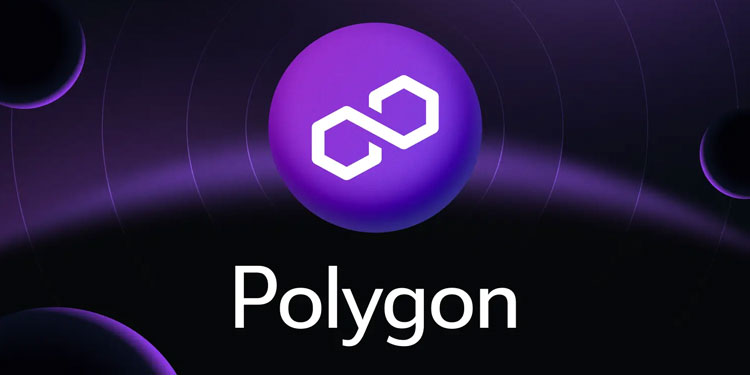
Anthony Sassano, a professional Ethereum instructor, investor, and adviser, went to Twitter on 18 May 2021 to clarify a number of misconceptions about Polygon . Here are a few noteworthy tweets from the post:
- “There is the Matic Plasma Chain and the Polygon PoS chain. The vast majority of the activity is happening on the PoS chain.“
- “The PoS chain is what people refer to as a ‘sidechain’ to Ethereum because it has its own permissionless validator set (100+ who are staking MATIC) which means it doesn’t use Ethereum’s security (aka Ethereum’s PoW).“
- “The PoS chain goes beyond a standard sidechain and actually relies on and commits itself to Ethereum (what some people may call a ‘commit-chain’). It relies on Ethereum because all of the validator/staking logic for the PoS chain lives as a smart contract on Ethereum.“
- “This means that if the Ethereum network went offline, the Polygon PoS chain would also go offline. Secondly, the PoS chain actually commits/checkpoints itself to Ethereum every so often.“
- “This has 2 benefits: it provides Ethereum-based finality to the PoS chain & it can help the chain recover in case of catastrophic event. This also means that Polygon is paying Ethereum to use its blockspace (in ETH) & paying for it to secure the contracts & checkpointing.“
Notwithstanding a fall in traffic on the main chain, as per the February 2023 issue of Bloomberg Intelligence’s “Crypto Outlook” analysis, 2022 was a watershed year for Ethereum. McGlone credits this accomplishment to the extensive use of NFTs and Web3 apps on Layer-2 (L2) networks.
Apparently, L2 chains, which are blockchain-scaling alternatives designed to overcome Ethereum’s limitations, have intervened to enhance the customer experience and deter consumers from migrating to layer-1 chains including Solana and Avalanche. Last year , the quantum of daily active addresses on rollup (or L2 chains) climbed by 86%, while Ethereum had a 33% fall.
McGlone claims that L2 Polygon has had a notably substantial influence on the Ethereum ecosystem. Polygon, which was initially a sidechain, has moved its attention to zero-knowledge (zk) rollups. McGlone describes zk proofs as a “blockchain game-changer” that enhances privacy and accelerates trades.
McGlone feels that the participation of Coca-Cola, Starbucks, Reddit, and Meta speaks well enough for Polygon’s uptake prospects, regardless of the legal concerns that may arise from conventional firms releasing their native tokens. These organizations have either introduced NFTs as a Web3 introduction product or merged with Polygon’s NFT markets.